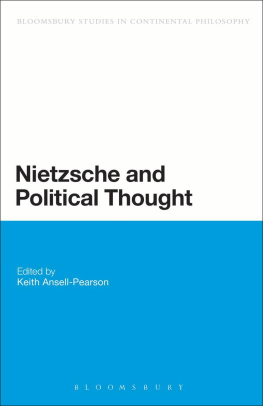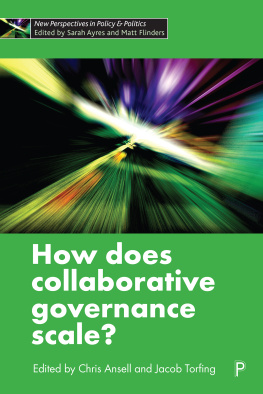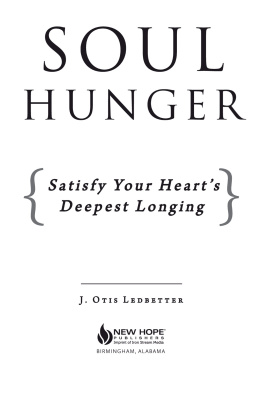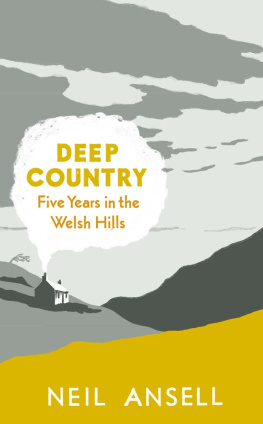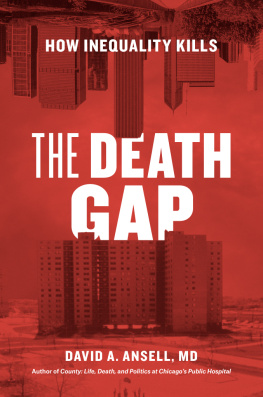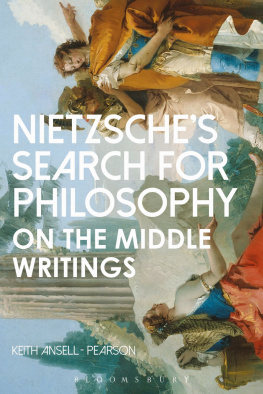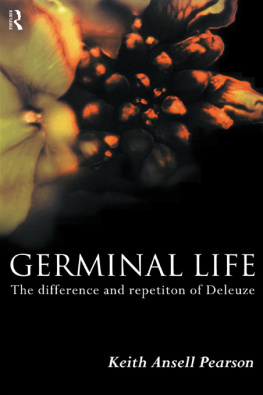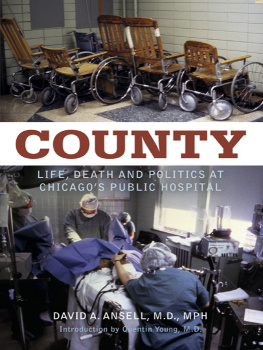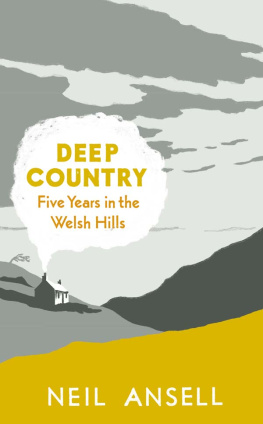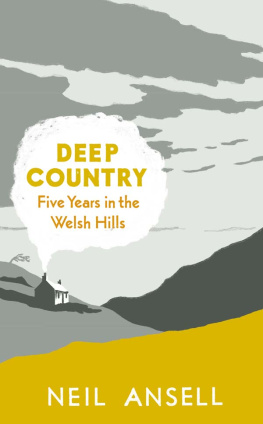Publication of this work was assisted by a generous gift from Florence and James Peacock and by the Authors Fund of the University of North Carolina Press.
2014 The University of North Carolina Press
All rights reserved
Designed and set in Charis and Calluna Sans types
by Rebecca Evans
Manufactured in the United States of America
The paper in this book meets the guidelines for permanence and durability of the Committee on Production Guidelines for Book Longevity of the Council on Library Resources.
The University of North Carolina Press has been a
member of the Green Press Initiative since 2003.
Library of Congress Cataloging-in-Publication Data
Ansell, Aaron Michael.
Zero hunger : political culture and antipoverty policy
in Northeast Brazil / Aaron Ansell.
pages cm
Includes bibliographical references and index.
ISBN 978-1-4696-1397-0 (pbk : alk. paper)
ISBN 978-1-4696-1398-7 (ebook)
1. PovertyGovernment policyBrazil. 2. Economic assistance, DomesticPolitical aspectsBrazil. 3. BrazilPolitics and government20034. Brazil Economic conditions21st century. 5. BrazilSocial conditions21st century. I. Title.
HC190.P63A57 2014
362.52610981dc23
2013044477
18 17 16 15 14 5 4 3 2 1
This book was digitally printed.
Tables and Figures
TABLES
1 Zero Hunger Component Programs Implemented in Passarinho, Piua, 20032004
2 Federal Investments in Zero Hunger Component Policies, 20032004
FIGURES
1 Map of the Northeast and the serto with the approximate location of Passarinho
2 Field map of Passarinho municipality
3 A village boy fetching water during the dry season
4 A village woman grating manioc as part of farinhada mutiro
5 Woodcut cover of the cordel pamphlet Programa Fome Zero, by J. Borges
6 Cndido Portinaris famous painting Os Retirantes (1944), depicting the tragedy of drought in the Northeast
7 Cartoon parody of Cndido Portinaris Os Retirantes, featuring President Lula flying over a famished sertanejo family in his new airplane
8 Passarinho townspeople swearing an oath to lift themselves out of poverty before Governor Dias
Acknowledgments
The research for this book began in 2001 at the Workers Party (Partido dos Trabalhadores, or PT) headquarters in Rio de Janeiro. General Secretary Ernani Coelho and other party members spent weeks educating me in Brazilian politics and history, and inspired me with their passion for justice. Like them, I wondered how the PTS rise to power would change the nation, and this question motivated the two years of fieldwork that went into this project. Yet this book does not pretend to be a comprehensive account of Brazil under Workers Party rule, or even a full reckoning of the antipoverty policy Zero Hunger. It is an interpretation of the interaction between a historically impoverished segment of the nation and an activist state that sought to transform both the material and cultural reality of that population.
Funding from the Center for Latin American Studies and the Department of Anthropology at the University of Chicago supported my early exploratory trips to Brazil. For my main field stint in Piau State, I relied on generous grants from the Fulbright-Hays and Wenner Gren Foundations. Financial support from the U.S. Department of Educations Foreign Language and Area Studies Fellowship allowed me to work on this book following my return from Brazil. Monmouth University also provided me with funds to support the write-up.
Hundreds of people have helped to bring this project to fruition. My mentors at the University of Chicago patiently read and critiqued numerous chapter drafts and made themselves available for long consultations. I am particularly indebted to Dain Borges, Manuela Carneiro da Cunha, Claudio Lomnitz, Tanya Luhrmann, Moishe Postone, Michael Silverstein, Susan Stokes, and the late Michel-Rolph Trouillot. Many other colleagues have also commented on sections of this work, challenging and deepening my vision of Brazil and its rural communities. Among them are Chris Ball, Gregory Beckett, Russell Bither-Terry, Brian Brazeal, John Collins, Jan Hoffman French, Joo Gonalves, Sidney Greenfield, Courtney Handman, Elina Hartikainen, Bill Mitchell, Gregory Morton, James Slotta, Lisa Vetere, and Jorge Mattar Villela. Abigail Rosenthal read and commented on work I wrote while in the field. Sean Mitchell modeled observant and ethically centered ethnography during our initial forays to Rio, commented on several chapters, and has trenchantly argued with me on matters of patronage ever since. At the University of North Carolina Press, my editor Elaine Maisner and her colleagues showed me how to increase this books accessibility to various audiences and gently shepherded me through the publishing process. My anonymous reviewers provided detailed and extensive comments on two drafts of this book. I am very grateful.
In Piau, I learned that the success of ethnographic fieldwork depends on the patience, integrity, and generosity of ones consultants. In my case, it also depended on the transparency and commitment to academic inquiry of dozens of workers throughout the state government of Piau. These people gave me full and ready access to Zero Hunger documents, allowed me to attend plenary meetings, and entertained many hours of conversation on policy and patronage. In Piaus Zero Hunger Coordenadoria, I received the enthusiastic cooperation of Norma Sueli M. C. Alberto, Isabel Herika Matia Gomes, Maria Genilda Marques Cardoso, Simplcio Mrio de Oliveira, Jos Pessoa Neto, Amlia Rodrigues de Almeida, Rosngela Maria Sobrinho Sousa, Rosemberg Batista de Arajo, and many others. I owe special thanks to Jascira da Silva Lima for our warm friendship, and for her willingness to reflect critically and acutely on the program she worked so hard to implement. I am also grateful to the administrators of the Zero Hunger and Bolsa Famlia programs in Braslia who afforded me interviews: Adriana Aranha, Jos Graziano da Silva, Chico Menezes, and others.
Investigating local politics can be an awkward and invasive enterprise. Passarinhos residents did far more to make my time in Brazil happy and productive than I could rightfully expect. They welcomed me into their homes and families and consented to speak to me about aspects of their lives that were sometimes unpleasant. To them, I apologize for my pseudonymous reference to their municipality and trust that they will forgive me for using only their first names to thank them: Adailza, Batista, Cndido, Did, Edgar, Edson, Ftima, Gilberto, Jos de Valdo, MaeDelena, Maurcio, Olegrio, Paulo Srgio, Roselina, Roselma, Serafim, and Z Carlos. I especially acknowledge Jorginho and his family, who inspired me to think about the egalitarian postures that made their way into Brazilian patronage relations. As my field assistant, and a man living in poverty, Jorginho might have deferred to my power and patronage. Instead, he joked and quarreled with me, asserted his research competence despite his fourth grade education, and told me when it was time for me to get out of bed and help him lay roofing on his house. I am forever grateful for his intelligence, honesty, and friendship.


